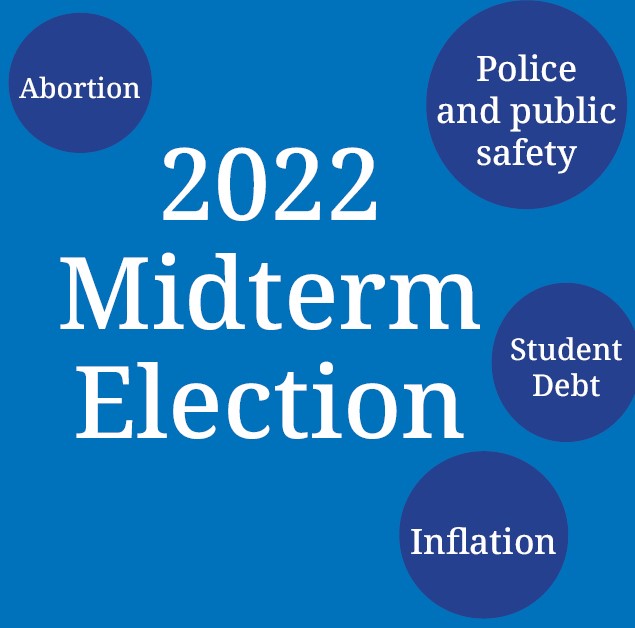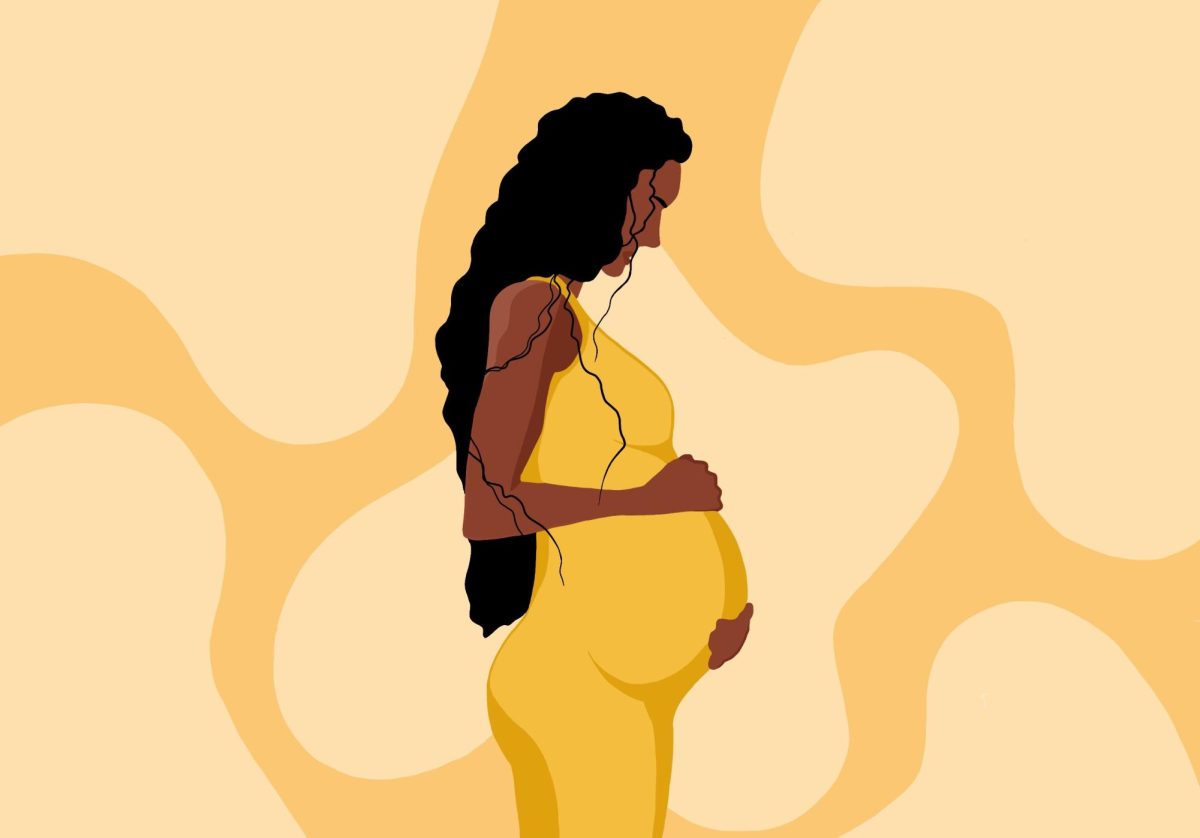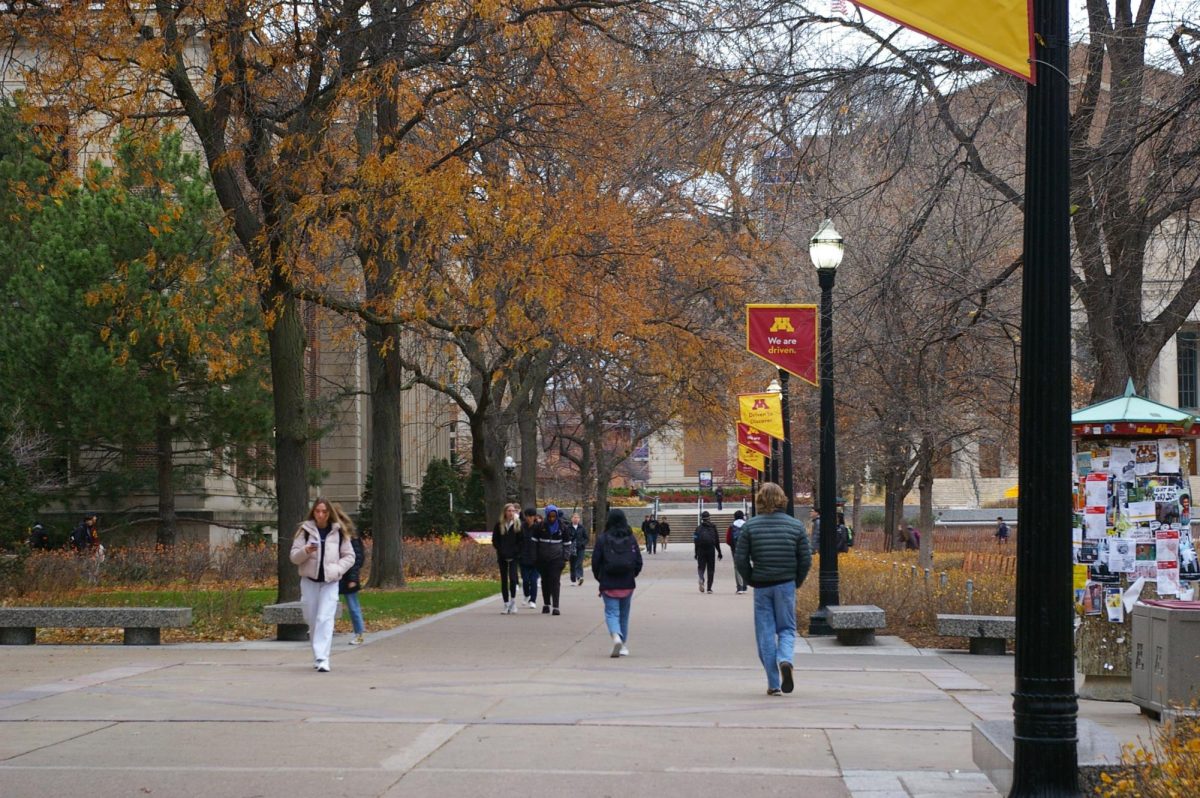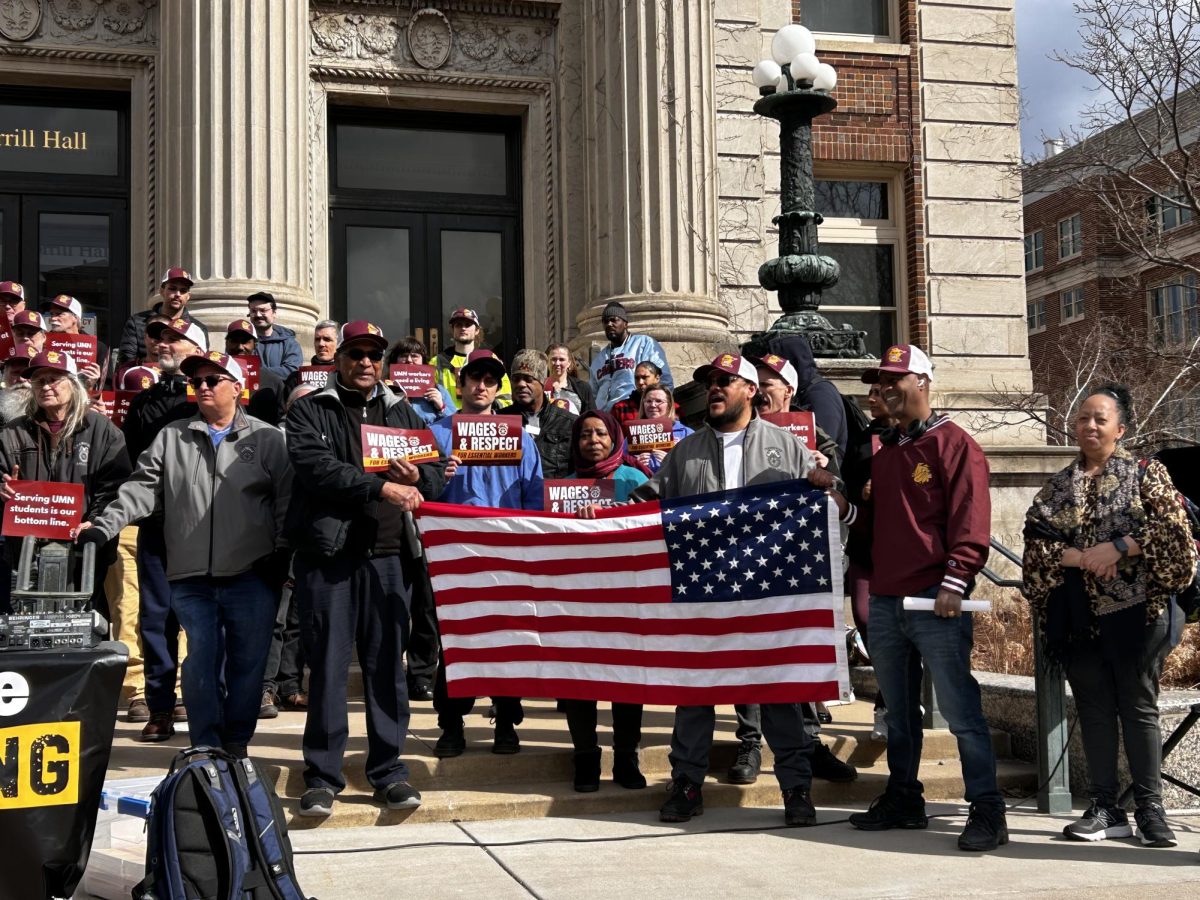In 2018, 40% of U.S. college students voted in the midterms. Leading up to the Nov. 8 election, more than 300 voters near the University of Minnesota have already cast their ballots.
Here are some of the issues voters care about this year.
Abortion in the wake of Dobbs
The Supreme Court overturned Roe v. Wade in June, leaving abortion access a state decision. The ruling sparked nationwide protests and caused abortion to become a key issue for many candidates in the midterm election.
Minnesota is set to become a sanctuary state for abortion healthcare, with legislators in North Dakota, South Dakota, Wisconsin and Iowa looking to ban or restrict abortions. A 1995 Minnesota Supreme Court decision protects abortion in Minnesota, but legislators could still limit its accessibility.
“Now, with every election, abortion is on the ballot,” said Emily Bisek, vice president of strategic communications for Planned Parenthood North Central States. “Every election will determine who has power over our bodies and who has control over our healthcare.”
Governors have the power to approve or veto abortion bills passed by Minnesota’s legislature. DFL incumbent Gov. Tim Walz signed an executive order in June to protect out-of-state abortion seekers and said he aims to protect abortion access if reelected in November.
GOP nominee and former state senator Scott Jensen has gone back and forth on his abortion stance through his campaign, initially supporting different versions of an abortion ban. Jensen has more recently said abortion is a constitutionally protected right in Minnesota and highlighted the potential for a pro-life movement in the state.
The U.S. House of Representatives creates and votes on national abortion laws. Incumbent DFL candidate for the Fifth District, which represents the University area, Rep. Ilhan Omar voted to approve a House bill in July to codify Roe v. Wade into federal law.
GOP candidate Cicely Davis has been quieter about her stance on abortion compared to Omar. She told the Star Tribune in September she respects all life from conception until death and that abortion is protected in Minnesota.
Cost of living
The Consumer Price Index, which measures average product price increase over time, measured a 7.4% increase in the Twin Cities in 2022. The increases have affected food, gas, housing and tuition.
In his 2022 state budget proposal, Walz proposed lowering taxes for some middle class families and spending roughly $2 billion to distribute checks to Minnesotans. Jensen, in contrast, wants to lower taxes for all residents and deregulate permits to encourage business growth, according to his website.
In the House, Omar voted to approve the Inflation Reduction Act in August and said she supports expanding student debt relief to all borrowers and guaranteeing tuition-free public colleges. Davis, on her campaign website, said she supports combating inflation by reducing government spending and lowering taxes for residents.
Members of the State Legislature elect and appoint candidates to serve on the University’s Board of Regents. The governor appoints regents if there is an unexpected vacancy.
The Board is made up of 12 members serving staggered six-year terms, one from each Congressional district and four from the state at large. While serving on the Board, regents create a vision for the University and vote on, among other things, tuition prices.
“As a campus community…we have more power and more say to move things forward in whatever direction we want them to move if we participate in processes like this; if we vote and if we show up,” Undergraduate Student Government campaign co-chair Carter Yost said.
Public safety and policing
After former Minneapolis police officer Derek Chauvin killed George Floyd in 2020, many Twin Cities and Minnesota residents began advocating for public safety and policing reforms.
Omar condemned the police’s use of force against protesters after Floyd’s murder, and in August, supported legislation to dispatch mental health professionals when responding to mental health crisis calls. In a 2021 interview with Fox News, Davis said Omar “emboldens criminals” and said if elected, she will work to rebuild and support police departments to reduce crime.
On his campaign website, DFL incumbent Attorney General Keith Ellison said he worked with law enforcement to reduce deadly-force encounters and will work to review potential wrongful convictions if reelected. GOP opponent Jim Schultz said if elected, he will prosecute criminals and support funding police departments.
In a nonpartisan election for Hennepin County sheriff, Dawanna Witt said if elected, she will target violent crime and support local police departments, according to her website. Witt’s priorities include recruiting additional officers and providing programs for substance abuse and mental health support.
Joseph Banks is running against Witt. According to his website, Banks is advocating for police reform, including finding alternatives to use of force, encouraging police diversity, expanding community relations and conducting transparent investigations of law enforcement.
Kathryn Pearson is a professor specializing in American politics at the University. In a midterm year where she is expecting close races in Minnesota, Pearson said legislators tend to listen to whoever turns out to vote.
“Voting is critically important, and legislators look at what turnout is like at the University of Minnesota, how engaged students are, it matters,” Pearson said.














